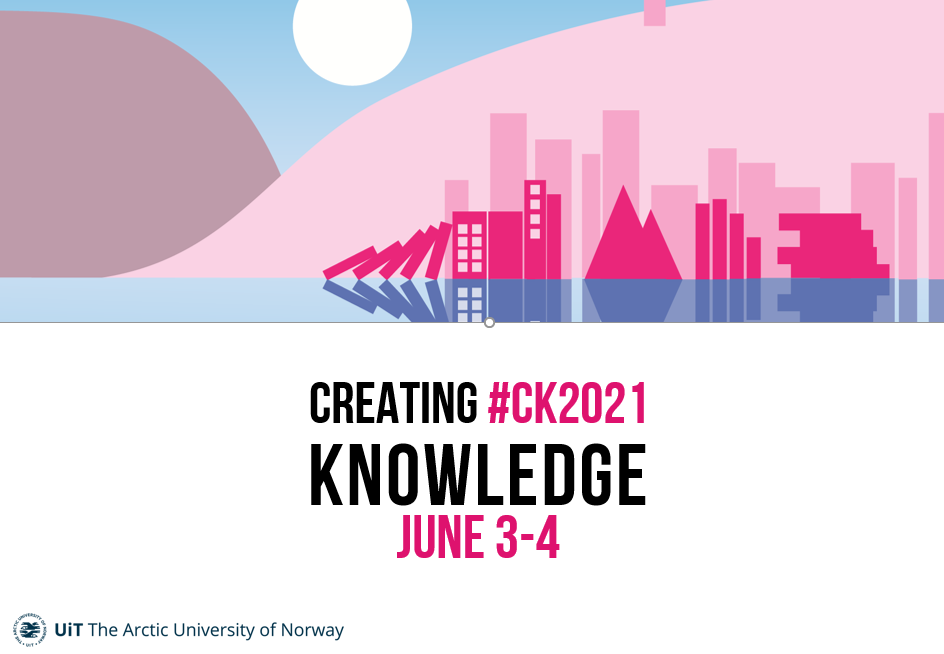Source discernment – the root of all information literacy?
DOI:
https://doi.org/10.7557/5.5855Keywords:
Source discernment, source criticism, information literacy, sources, first year studentsAbstract
Is source discernment at the root of all information literacy? In today’s media landscape, finding information is easy. Finding information that is scientifically correct and trustworthy is much more difficult. An added problem for students today is that all this available information come in similar formats. When all information is presented as a pdf on your screen, how do you know what you ́re reading? How is a first year student with no previous academic experience really supposed to discern between a scholarly article, a book chapter, a conference article, a white paper, a popular science article, a scientific report and a doctoral thesis? And yet the ability to do so is fundamental for the information evaluation process. If you are not sure what you are reading, how can you evaluate the quality of the information? To ease our students’way into academic writing we now start our information literacy teaching with identifying different sources of information. Reference writing and information searching are then taught from this angle. Student assignments and feedback from teachers show that this seems to improve the quality of the sources the students use in their work as well as their ability to write correct references. We would like to discuss this with colleagues from other universities with similar or other experiences. The questions we would like to focus on are: How a first year student with no previous academic experience is really supposed to discern between different types of scholarly and non-scholarly information materials and how we as library instructors can help our students with this? What are the experience of other librarians and are there any good examples of strategies or classroom exercises?





